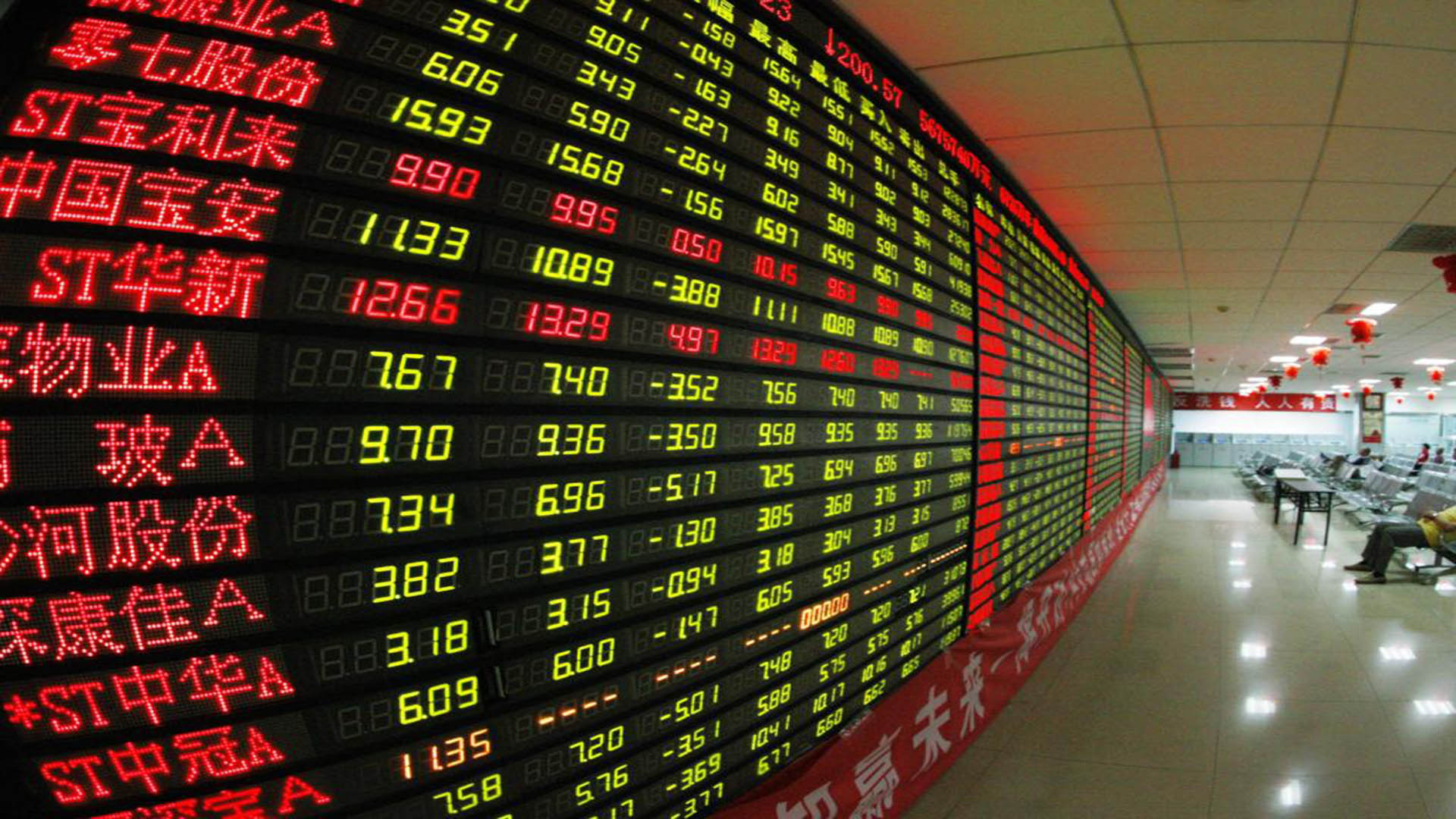China’s economy will grow by 4-5% in 2024
China’s economy has been slowing since 2020. Initially, this was due to the pandemic and the severe restrictions imposed to combat it. The property market crisis, sanctions and supply chain disruptions have exacerbated the situation. According to IMF forecasts, the Chinese economy will grow by 4-5% in 2024. Although many countries are experiencing similar momentum, it is far from pre-crisis levels.
China accounts for about 18% of global GDP. It is also one of the largest markets. Accordingly, its slowdown affects a large number of exporters. Over the past twenty years, much of the growth in the local economy has been related to the development of the property market. This sector accounted for 30% of GDP and was among the largest in terms of employment and consumption of raw materials. The property market required huge amounts of iron ore, nickel and copper, much of which came from Australian exporters. So, the crisis and subsequent market slowdown did not just affect China. Australia, the US and other producers have already felt the effects.
What is happening in China’s economy?
The leading indices of the local stock market provide the clearest indication of trends in the Chinese economy:
– Shanghai Composite Index (SSE Composite);
– FTSE China A50 (CN1);
– China Mainland Real Estate (000948).
The Shanghai Stock Exchange Index includes all Chinese A and B shares. This index most accurately reflects the dynamics of the stock market. Analysis of the SSE Composite tells us that the sell-off in local equities is accelerating. The market is in a downtrend, and judging by the price action, it is fairly well entrenched. The index is approaching the April 2022 low.
As for the FTSE China A50, it reflects the situation of the country’s 50 largest companies. This indicator demonstrates the presence of excess supply on the market. And no factors are pointing to a rapid change in this trend.
The following index describes the situation in mainland China’s property sector. It includes the shares of large capitalisation companies. In January 2024, the shares of these companies fell by 22% compared with November 2023. In total, the value of the securities of the most significant representatives of the sector fell by 41% in 12 months. Here, too, there is an oversupply that is likely to be redressed in the near future.
A look at various property market indices also reveals a picture of declining momentum. Given the key role of this sector in the overall structure of the Chinese economy, it is not reasonable to expect significant growth.










